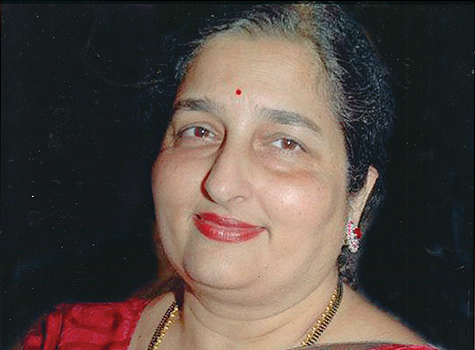
“The public yearning for Order will invite many stubborn uncompromising persons to impose it. The sadness of the zoo will fall upon society.” ~ Leonard Cohen
In 1989, Billy Joel released a banger of a song where he often “goes to extremes” with lyrics taking on a somewhat manic-depressive tone in terms of his relationship with then wife, Christy Brinkley, during a tumultuous time in their marriage. It was an apology of sorts to her, and when you listen to the song as a whole, the swift rhythm of the backing track matching his punctuated words gives the listener a taste of his frustration at an attempt to find some sort of common ground. By the end of the song he, and we, don’t have a definitive answer on the subject; instead, he’s still left confused as to why he must always reach one ultimate peak or another in said relationship.
While that singular song touched upon Joel’s own personal struggles, it’s no less relevant when inserted into a different context. The lyrics are just as significant when say… the subject is a family member who holds you or another to lofty standards as far as life accomplishments. Many are taught from an early age to be people-pleasers; however, it can become remarkably exhausting to invariably satisfy every whim another may have. This often leads to a toxic co-dependency to which only one side benefits.
And despite such interdependence, we as human beings in this newly digital age are more driven than ever by conflict and division to the point that it has become a mangled paradoxical push-pull of tragedy and redemption. An act of countercultural courage and resistance can be a tricky thing depending on when and how it’s introduced into the greater medium.
If, for example, a popular celebrity jokingly stated in an interview that yellow is a terrible color, their fanbase could either scoff at them for such a silly comment… or suddenly stop wearing anything yellow as a sign of agreement with this person. You could say this anonymous mob behavior is a form of survival instinct. The innate desire to be a part of a community is how we as living beings feel as though we have worth and purpose within the universe. It is through others who know, love, and depend on us that we feel indispensable.
But then comes a conundrum of Ontology vs Epistemology which has been debated for decades: if an individual does not have fulfilling relationships with others, do they truly exist?
The question itself contains a slew of caveats. Is this only valid for face-to-face relationships? Must a requirement be to know the other person intimately? The integration of social media and its peculiar niche to reveal moments from a person’s life to any and all who are willing have given many a shiny new instrument by which they can share with likeminded individuals and fulfill that desire for validation.
And so, we now reside in a globally interconnected world by which most of those within it have some access to share their own tiny snippets of life. Such saturation has caused many to evolve their tactics to the realm of the outrageous just to be noticed. One of the easiest ways to do this as of late is to voice a point-of-view which pivots between one extreme or another. This is an especially effective method for those involved in politics, as it will gain traction from those who are either for or against the offered rhetoric.
And as they say… even bad press is good if it keeps that person within the public’s consciousness.
We are living through a time of uncommon helplessness and uncertainty, touching every aspect of our lives. In such times we tend to react by seeking an authority figure who bombards our screens with promises to alleviate any and all things which would disrupt our good will. Unfortunately, most tend to use two hands to do so: one open palmed as a symbol to help if only to obscure a tightly clenched fist residing just behind it.
The truth is that the fiery pit of politics has no defined right or wrong side. It is only ever won or lost by what “extreme” promises a candidate may present in regard to societal needs.
This unconscious impulse is akin to a child reaching out to a parent to protect them from the “bad things” within a world they don’t yet understand. It can also evolve into an extremely dangerous one, as it is the foundation for many a war and dictatorship in the history of the world thus far.
Human conflict has shifted beyond the physical and bloody to the point that a short video posted on YouTube or TikTok can cause just as much devastation to the human psyche. A seemingly innocent message on Facebook or X could be construed as damningly offensive just because said thought does not mesh within the world’s mindset at that particular moment.
Ultimately… we seek to find light and order amidst despair and chaos. We cling to others who share similar goals in order to feel truly important. But is it those in power or the public who put them there who truly benefit when all is said and done?
Just be prepared to pay the price of giving oneself over to false comfort.
Jennifer Allen works at Saathee and is also a Podcaster, Blogger, Photographer, Graphic Artist, Gamer, Martial Arts Practitioner, and an all around Pop Culture Geek. You can reach her at saathee@saathee.com



